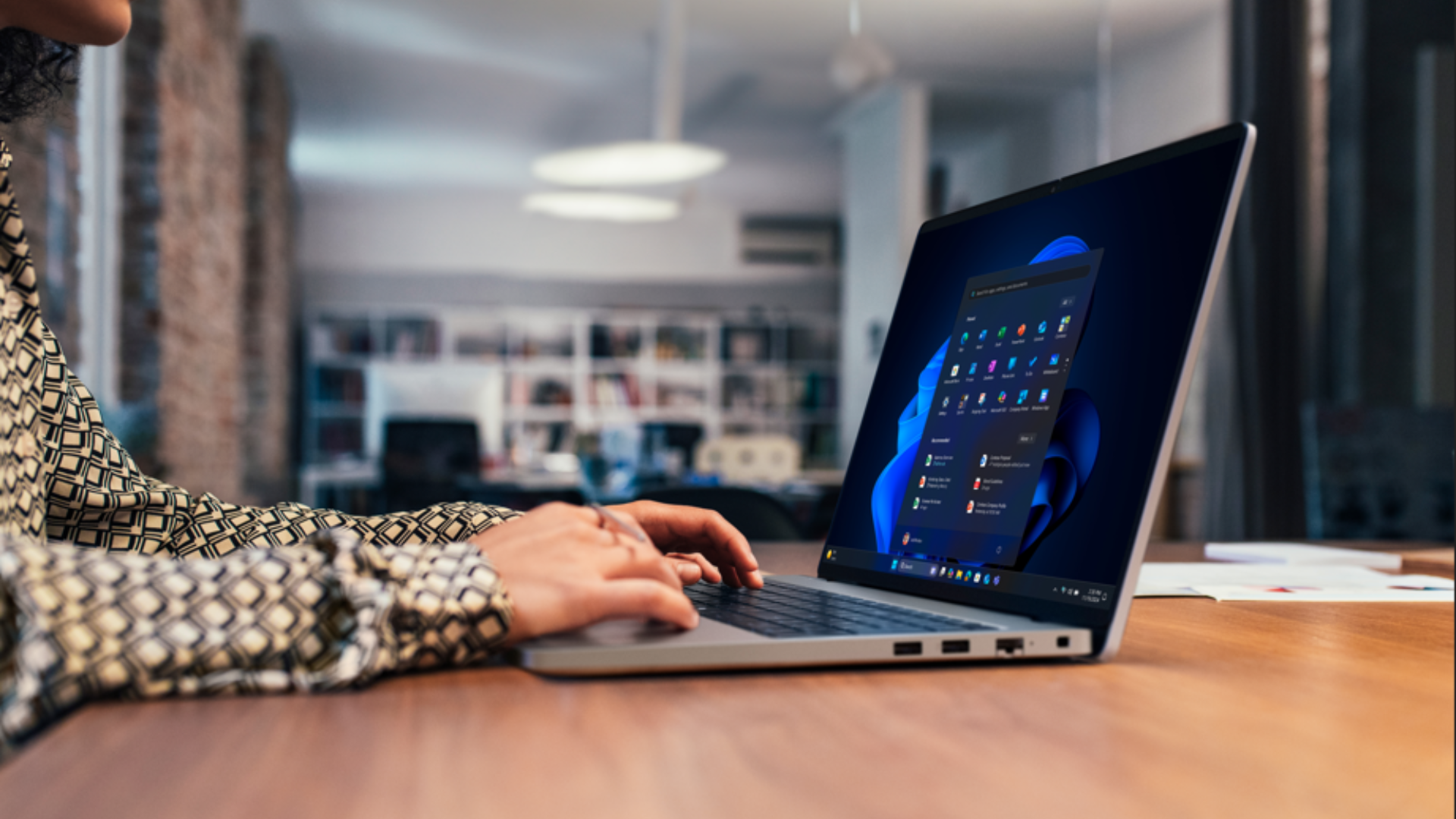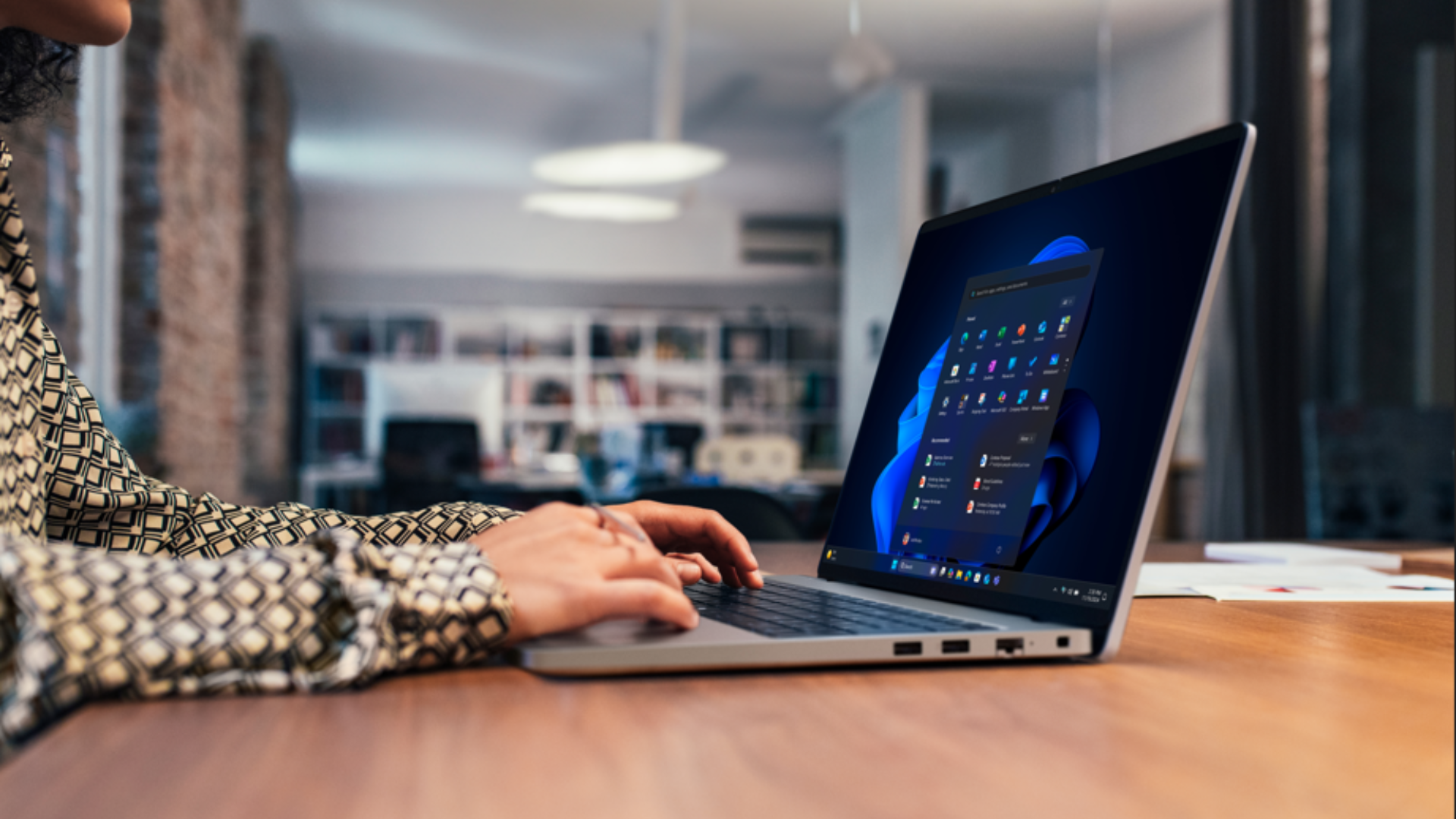Microsoft-owned Android patents revealed by Chinese website
Chinese authorities post lists detailing the extend of Redmond's hold over Android manufacturers
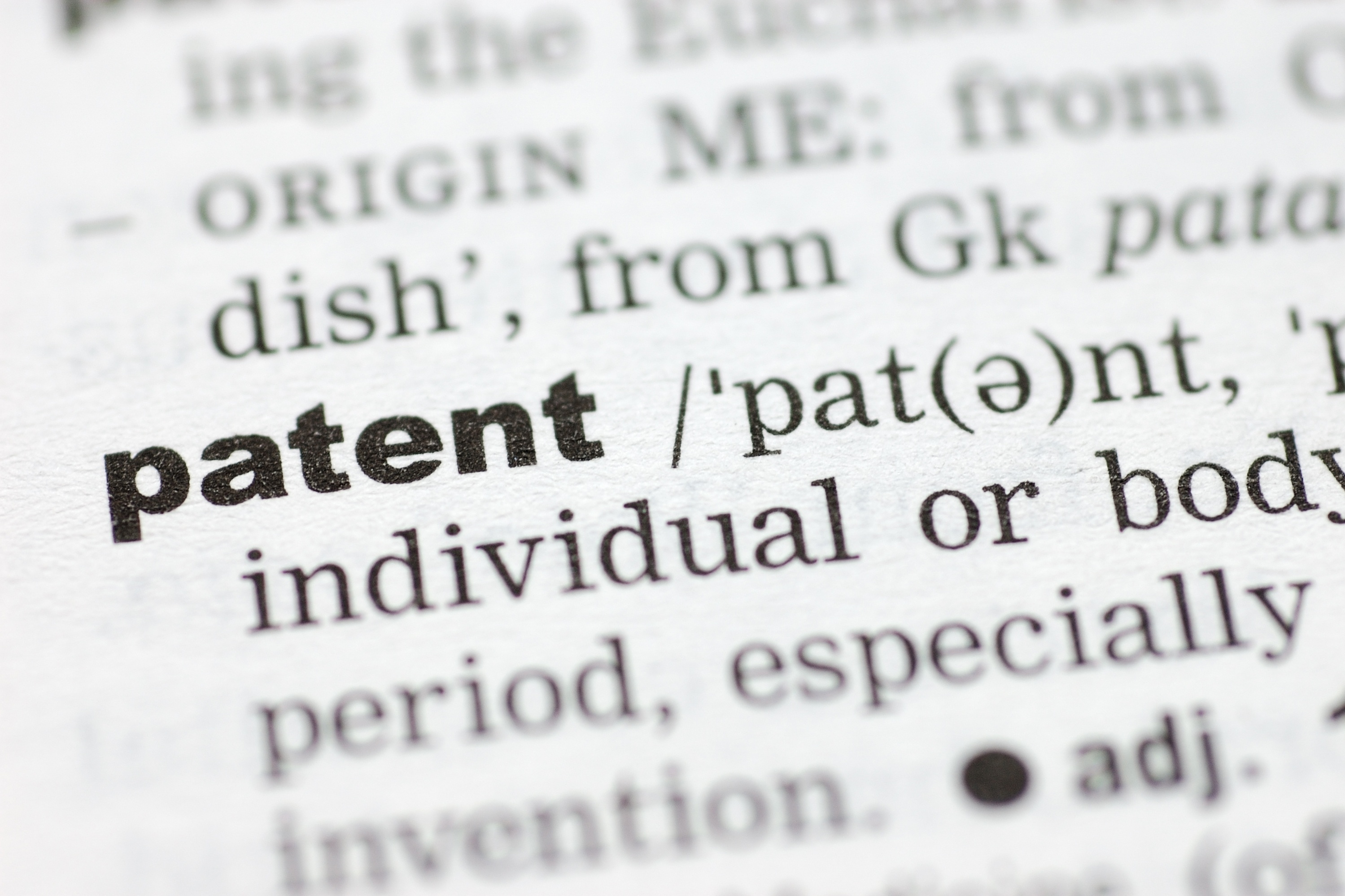
A list of hundreds of Microsoft patents pertaining to Android have been released by a Chinese language site.
Microsoft has always upheld the stance that it owns a number of patents that have been infringed by Android over the years, kept back as an insurance policy. It sued the Android-powered Nook reader in 2011 as an example.
The patents in the released lists include a number of technologies developed at Microsoft and those it acquired by joining the Rockstar Consortium. The lists were produced in compliance with Chinese antitrust review processes, with Microsoft having to jump through hoops following its purchase of Nokia.
Microsoft posted online following that review the Chinese Ministry of Commerce had found "approximately 200 patent families that are necessary to build an Android smartphone."
The Ministry of Commerce, likely without Redmond's consent, published two lists in which it outlined conditions related to the approved merger of Microsoft and Nokia. The English version of the page does not contain the lists.
The first list concerns all of the patents and patent applications that came with Microsoft's acquisitions, numbering around 310. The latter focused on the 100 that the Ministry of Commerce focused on.
According to the Chinese ruling, 73 patents in the lists are said to be used in smartphones in general, while 127 are implemented in Android handsets. Both sections include patents that Microsoft gained through its participation in the Rockstar bidding.
Sign up today and you will receive a free copy of our Future Focus 2025 report - the leading guidance on AI, cybersecurity and other IT challenges as per 700+ senior executives
GPS location systems, simultaneous voice and media calling and tracking users within a wireless network are among the patents that the list defines as being used by Android. Microsoft already earns billions from royalties paid by Android device makers.
As a result of the leak, the public has a much clearer idea of the vice-like grip that Redmond has over Android manufacturers.
Microsoft has previously tried to emphasise a stance of transparency in the patent system, but will likely be disappointed at the revelations by Chinese authorities.
-
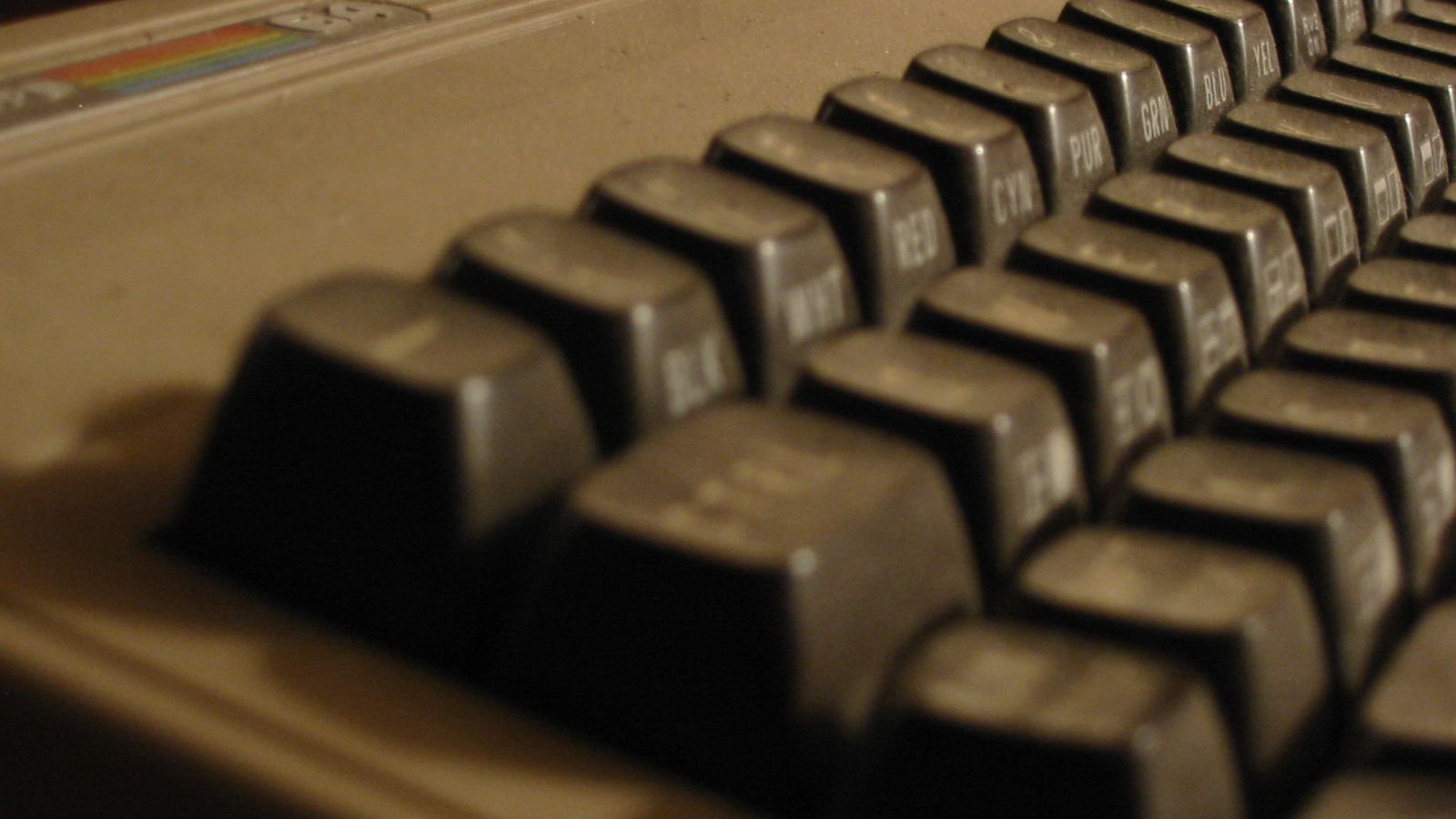 Apple patents a computer inside a keyboard
Apple patents a computer inside a keyboardNews Device could enable clutter-free ultra-portability, says document
-
 Kaspersky counters 'patent troll' lawsuit, wins $5,000
Kaspersky counters 'patent troll' lawsuit, wins $5,000News The troll initially wanted $60,000 from the antivirus firm
-
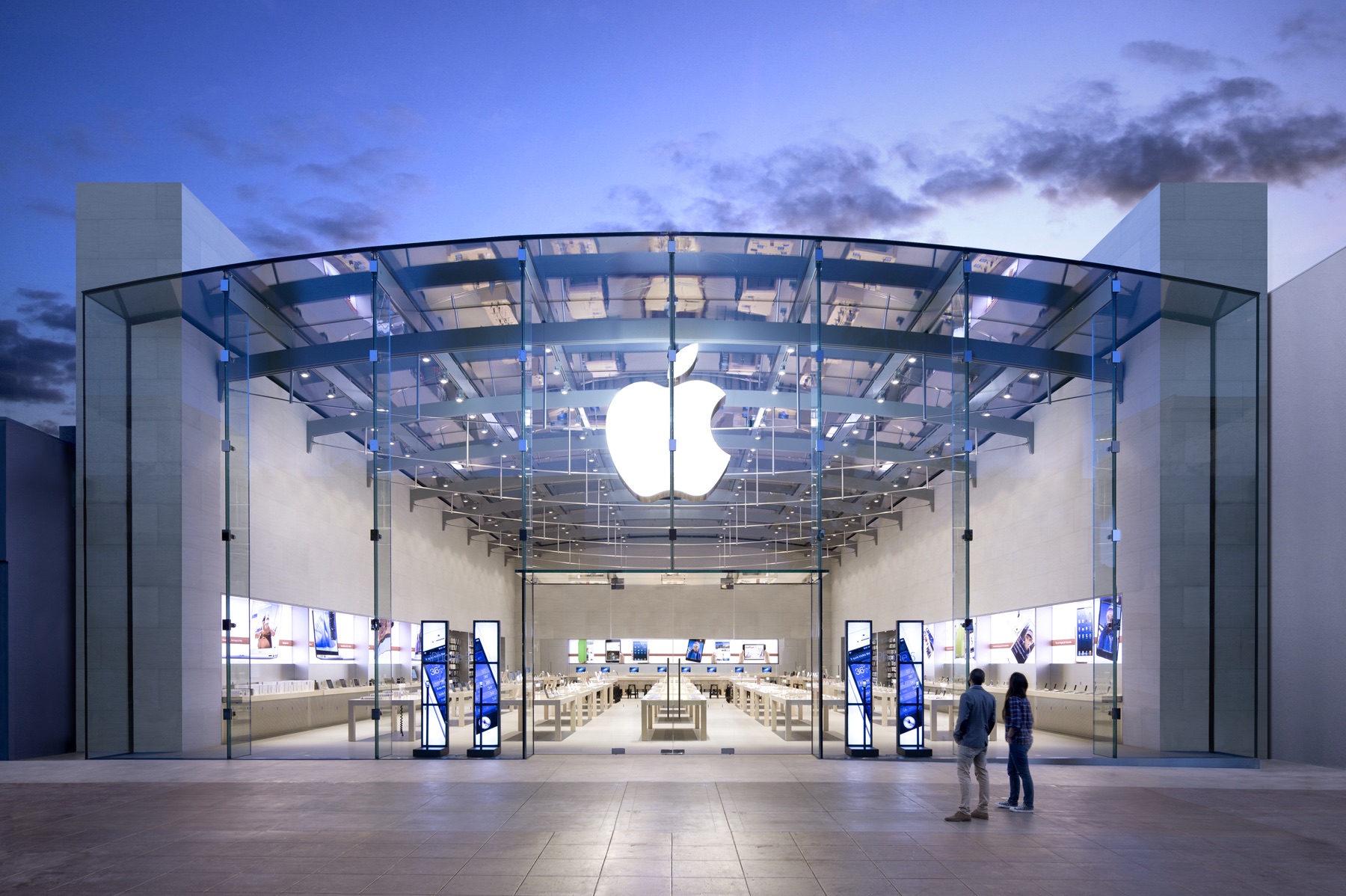 Apple and Nokia resolve patent dispute
Apple and Nokia resolve patent disputeNews Tech giants agree future collaboration, as Apple pays in cash
-
 Google asks Supreme Court to reopen Java copyright case against Oracle
Google asks Supreme Court to reopen Java copyright case against OracleNews The search giant seeks the defence of the US Supreme Court after losing more than $1bn to Oracle over Java APIs
-
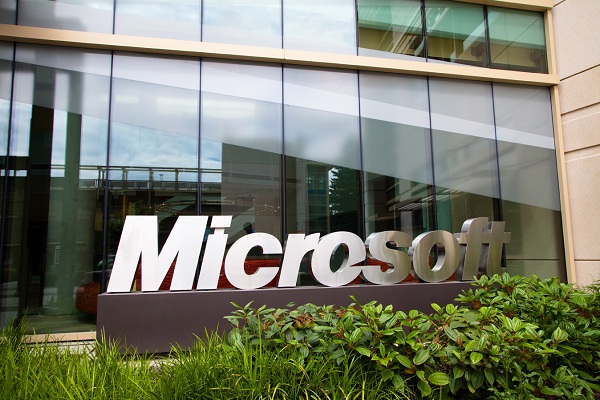 Samsung owes Microsoft $6.9m in interest
Samsung owes Microsoft $6.9m in interestNews Although Samsung is up to date on its fees, the firm is still indebted because of late payment charges
-
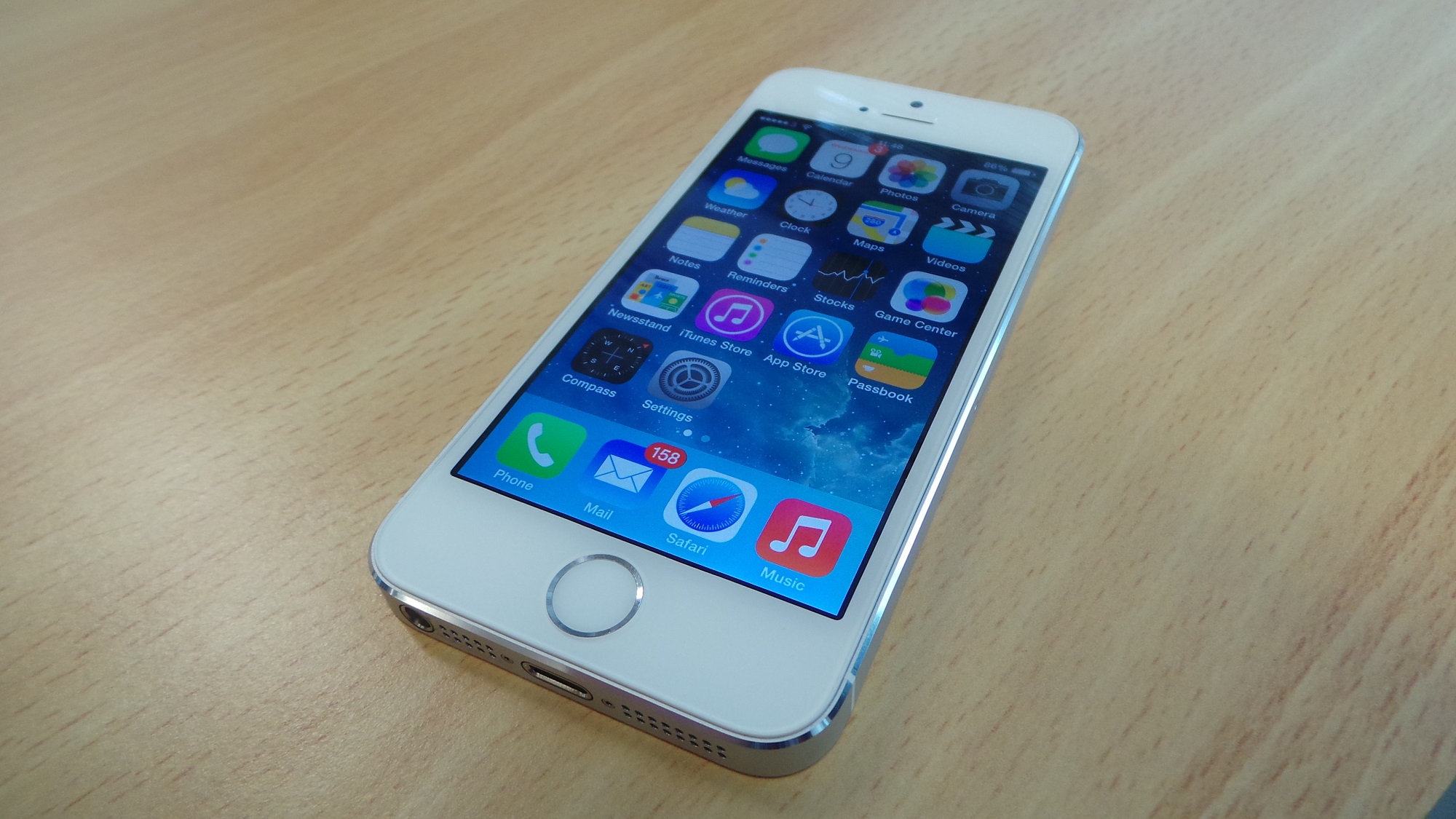 iPhone location patent may change settings automatically
iPhone location patent may change settings automaticallyNews A patent purportedly filed by Apple will change iPhone settings according to your location
-
 Microsoft charges Motorola for use of Android and Chrome OS
Microsoft charges Motorola for use of Android and Chrome OSNews Motorola Solutions is the latest company to enter into a deal with Microsoft to avoid a patent lawsuit
-
 Warwick University to patent 2D camera hand gesture recognition tech
Warwick University to patent 2D camera hand gesture recognition techNews Research team hail development of software that can convert 2D mobile phone cameras into hand gesture recognition devices.
